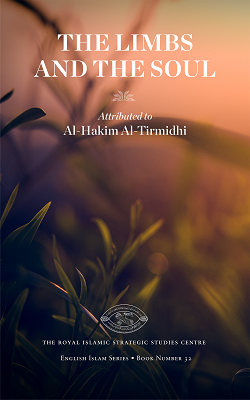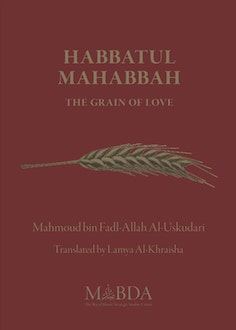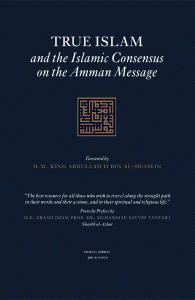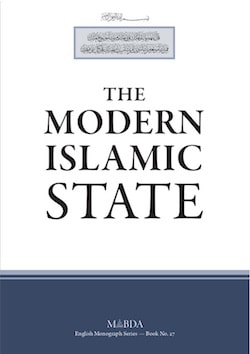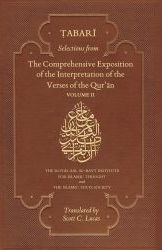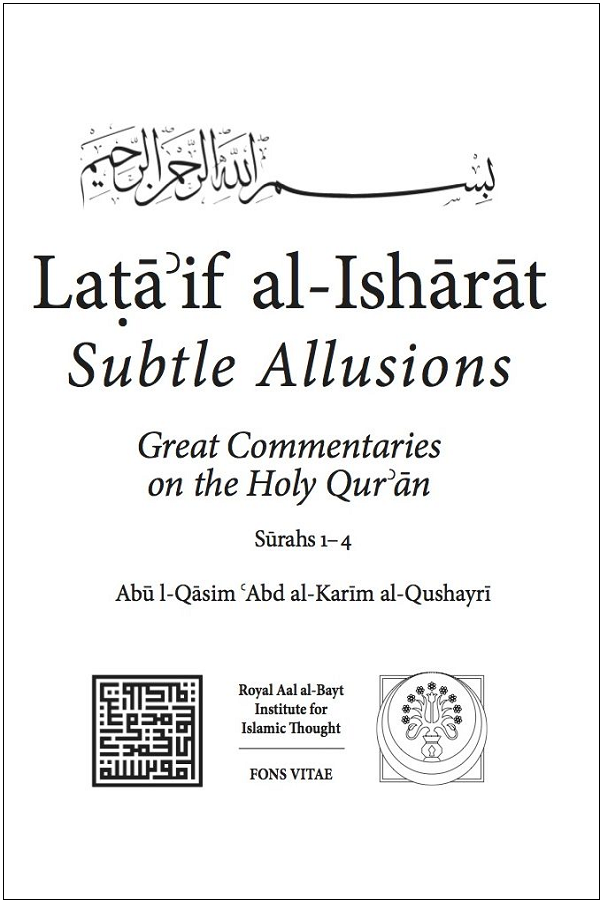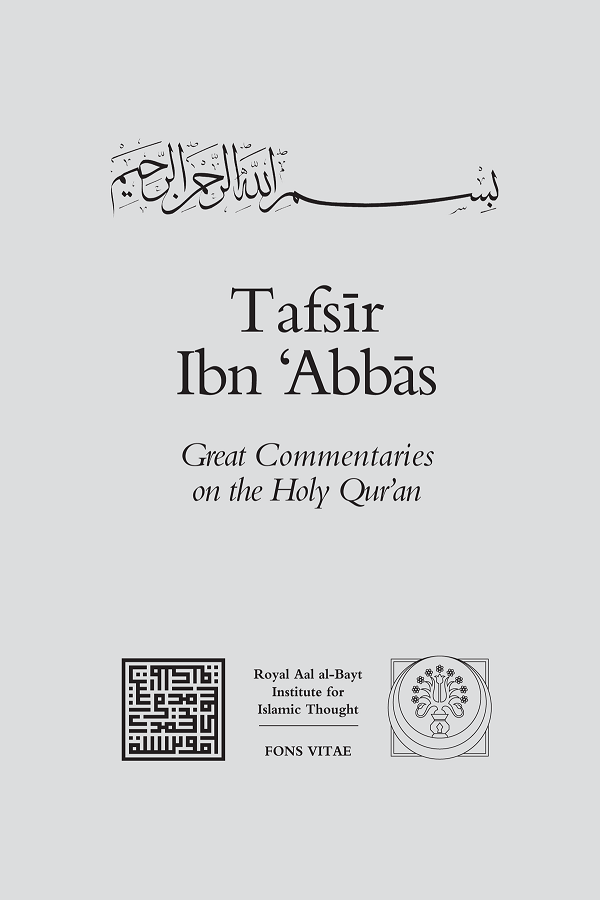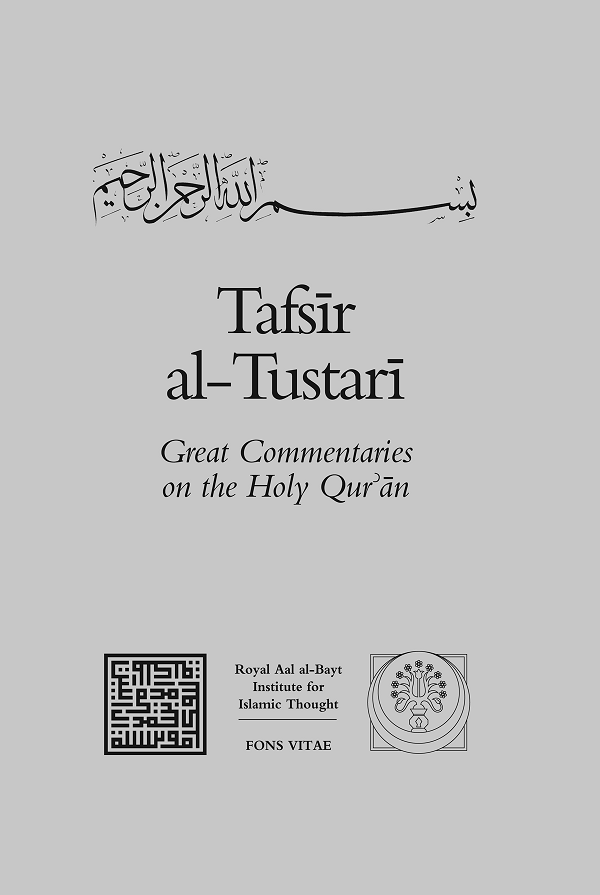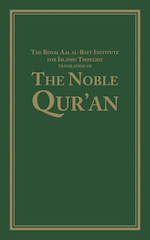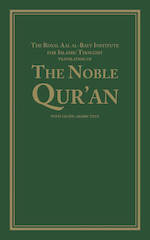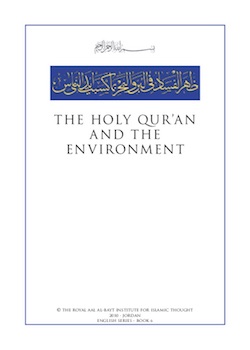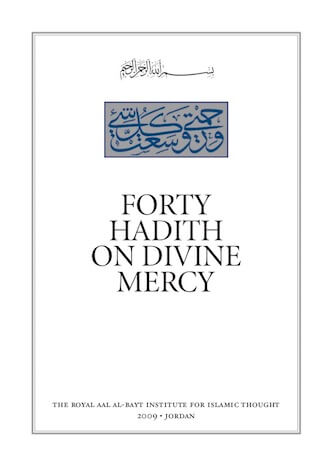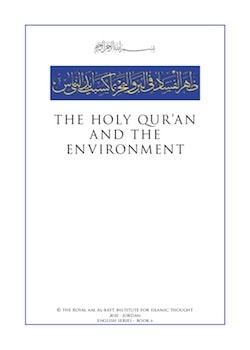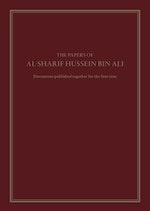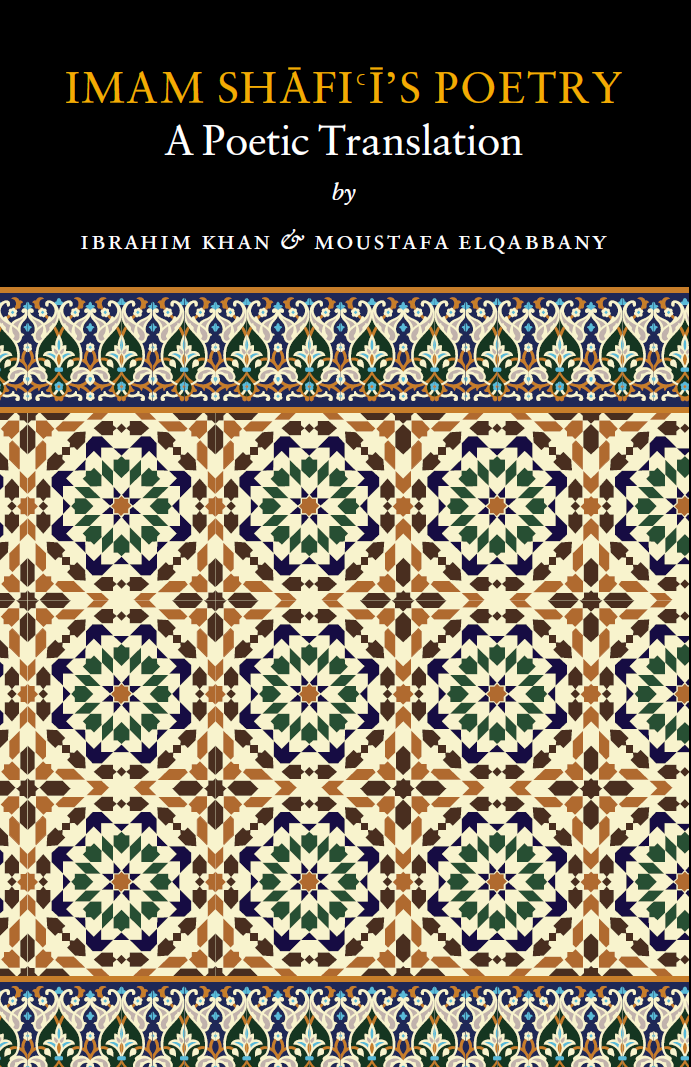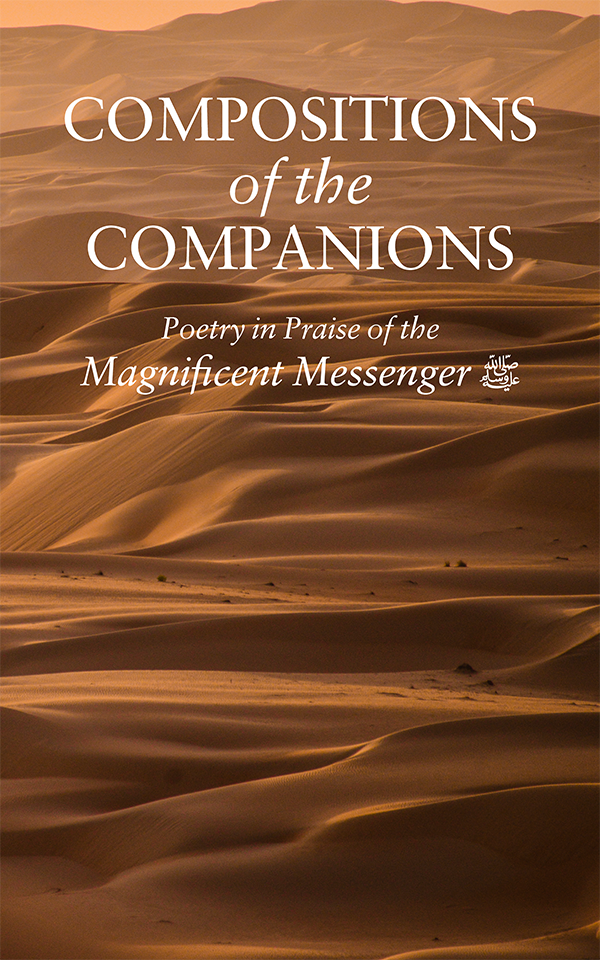Think Twice: Muslims – Bad or Nice?
I am inclined to respond to Bill Warner's article 'Is Nice Muslim a Good Muslim?' as published on PoliticalIslam.Com on January 7th, 2010. While I assume the writer has intentionally adopted a simplified, '1+1=2' approach to make his message accessible to a wider audience – practical as it was – I found the piece somewhat baffling and misleading in its general claims against what most Muslims actually believe.
Warner begins by stating that "from the stand point of Islam, there is no such thing as a good or bad Muslim, you either are a Muslim or you are not." That there are no "bad Muslims" implies that even the slightest sin – or any deviation from the teachings of the Qur'an and the Sunnah – can thereby automatically denounce oneself from Islam. I have never heard this claim before, neither from Muslim scholars or non-Muslim scholars of Islam. Islam, like Judaism and Christianity holds key to it the concept of Divine Mercy and provides for its followers ample opportunity to repent, without having to live with the strain of being outcast from the entire creed altogether because of a single "un-Islamic" deed committed. On that logic, many of my Muslim friends would be distraught to learn they lost their religion for not visiting their sickly grandmother one week, or going a little overboard ridiculing their boss' not-so-subtle toupee'! Muslims are human too: like the rest of us, there are days when they wish they did a better job at claiming the title of a Muslim with all the character and traits that label is supposed to embody.
By rejecting the idea of a "bad Muslim", Warner thereby intends to show that any Muslim who does not commit atrocities like that of the Ft. Hood massacre is either not a real Muslim, or has the genuine propensity to kill at any given minute. This dualism is misinformed and dangerous at best: indeed, the majority of mainstream Muslim scholars have endorsed fatwas that denounce terrorism and have deemed it impermissible for a Muslim to declare anyone an apostate as a means to justify the use of violence against them. Furthermore, 93% of Muslims think the attacks of 9/11 were completely unjustified, the remaining 7% have been cited to have political justifications – not religious ones – for their support for violence.
There are factual errors with regards to Warner's understanding of the Qur'an and the Sunnah that – in effect – fail to support his hypothesis that all Muslims are really cold-blooded, "kafir"-hating murderers (or self-hating ones, if most peaceful Muslims are "kafir-Muslims" as Warner puts it). Throughout my own reading of the Qur'an I have discovered that it is untrue that 61% of the Book is about kuffar – the correct plural form of kafir – but rather about God, His creation and stories of previous prophets. And in fact, the Qur'an does indeed contain a Golden Rule pertaining to judging others people's beliefs. This verse is perhaps one of the most powerful matter-of-fact commandments in the Muslim Holy Book: There shall be no compulsion in religion. The right direction is henceforth distinct from error (Qur’an 2:256). There are other such examples of the Golden Rule in verses 16:89, 18:29, 83:1-3 and 49:3.
While it is true that Muslims strive to imitate the deeds and characteristics of the Prophet Muhammad (think WWJD), ample credible historical accounts prove that it is simply untrue that "Mohammed annihilated every kafir he ever met." Even though Warner does not cite any one specific incident to support this claim, it must be made clear that Muhammad coexisted with Jews and Christians, signed treaties of mutual understanding on trade and religious freedom with their leaders and even married from their among communities. Muhammad said: “whoever charges a believer with unbelief is as though he had killed him” (Bukhari, 8.32: 6105. S) and "any man who says, ‘O kafir” to his brother, one of them deserves the name” (Bukhari, 8.32: 6104). Context is of the utmost importance in analyzing any historical figure's sayings or actions. Let us remember that at the time of Muhammad, ones religious identity was part-and-parcel of his or her political one. Leaving Islam at the time was the closest equivalent to treason, a crime punishable by death in the US to this day. In effect, we can confidently reject the assertion that Muslims can justify irrational murder by following the example of Muhammad.
I am suspicious of the intent behind Warner's article because he creates enmity where there effectively is none; as if the global community needs added conflict and abhorrence. No one but Warner labels himself as a kafir. As he says: "from a kafir perspective" – his own – he forgets that Muslims themselves would not actually view him as such, but rather as a member of the community of fellow People of the Book:
Surely those who believe, and those who are Jews, and the Christians, and the Sabians, whoever believes in God and the Last day and does good, they shall have their reward from their Lord, and there is no fear for them, nor shall they grieve.
(Qur'an 2:62)
Instead of recognizing that bad apples exist in every religious community, and without looking at the root causes that drive these radicalized minorities to resort to terrorism – unfounded as they may be – Warner single-handedly makes an enemy out of 1.3 billion people.
Interestingly enough, Warner's divisive rhetoric is reminiscent to the likes of radicalized takfiris like Osama bin Laden, who in turn demonizes the entire "West" – with all its complexities, particularities and diversities. Both Osama and Warner have cherry-picked Qur'anic verses and historical incidents to justify Muslim intolerance and bigotry, but ultimately have done nothing to reconcile them with the Golden Rule in Islam. Taking words or actions out of context is universally considered dishonest, doing violence to their intended meaning. Reading Warner, I am not really worried about whether the Muslim at work is "out to get me", but I am more alarmed by the tendency of some people to obstruct any hopes of genuine understanding between Muslims and us, the so-called "others". Hate only begets more hate, but love between people can heal the world:
O mankind! We have created you male and female, and have made you nations and tribes that you may know one another. The noblest of you, in the sight of God, is the best in conduct. God is All-Knowing, All-Aware (Qur’an 49:13).


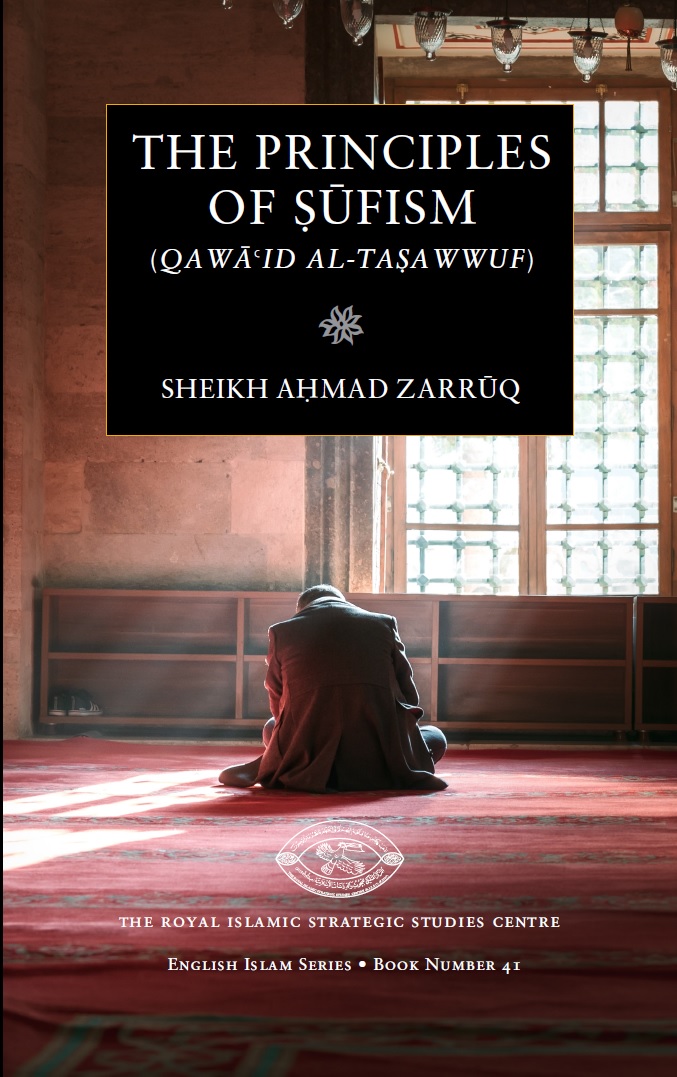
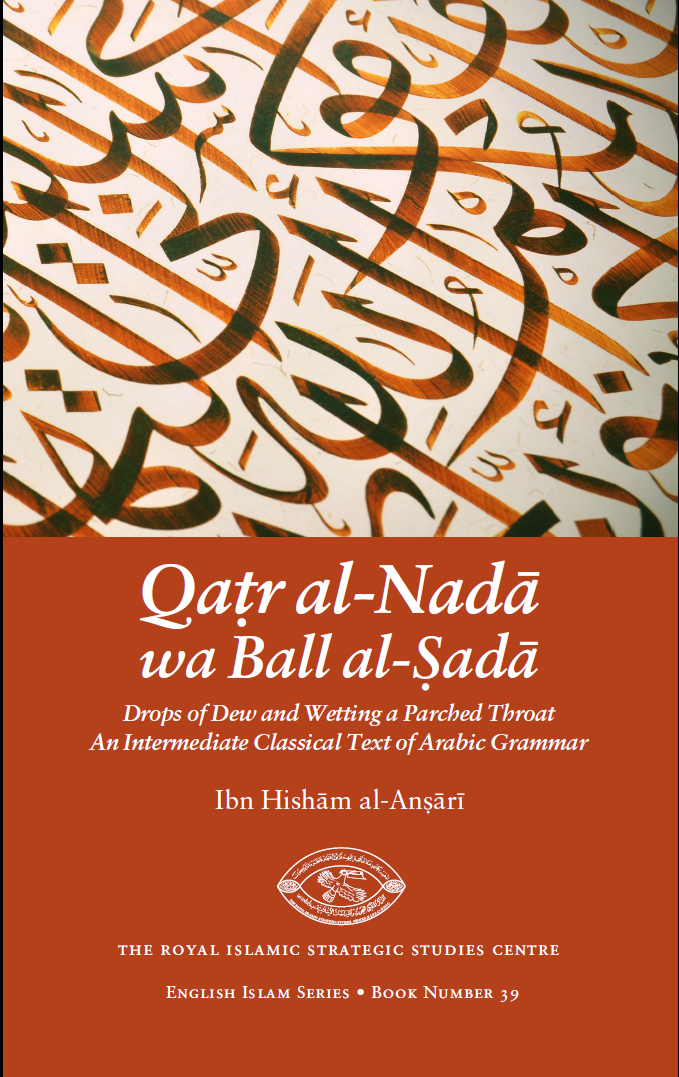
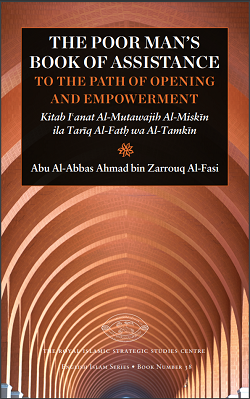
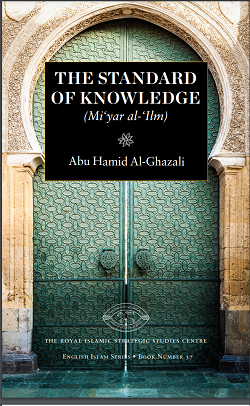
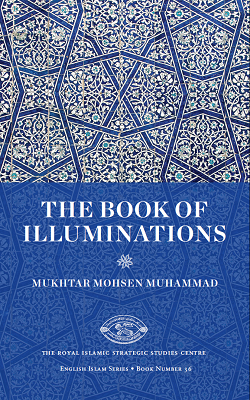
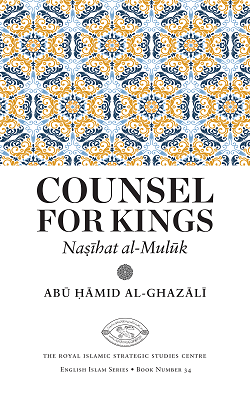
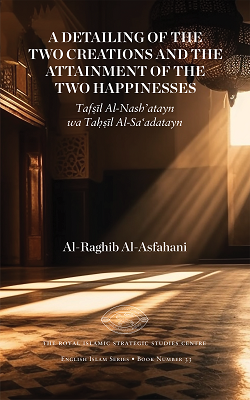
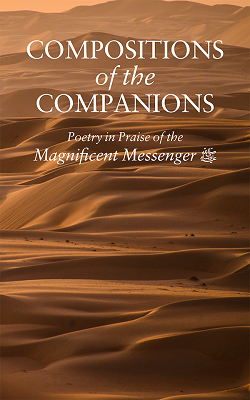
![OrnamentsofGatherings_EnglishArabic_BookSingles_05-06-23[63]_Page_001](https://rissc.jo/wp-content/uploads/2023/06/OrnamentsofGatherings_EnglishArabic_BookSingles_05-06-2363_Page_001-scaled.jpg)
